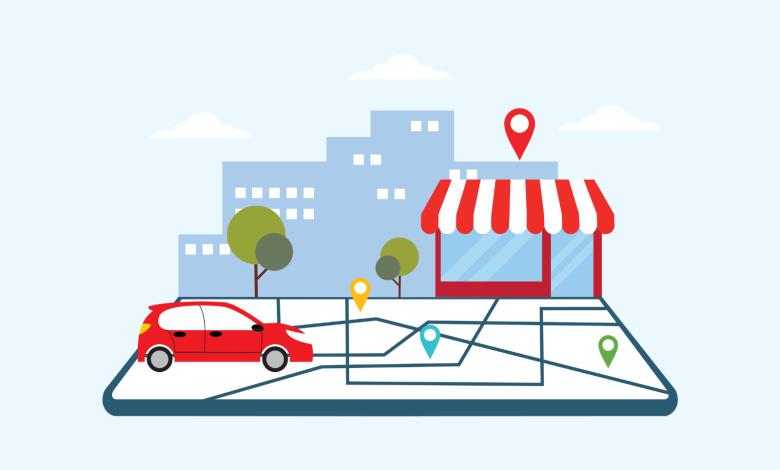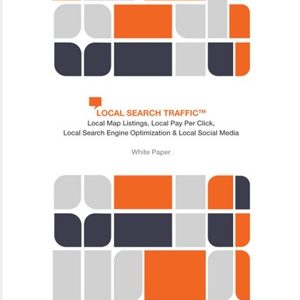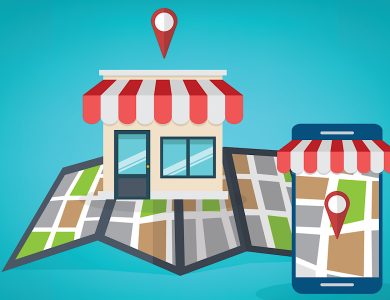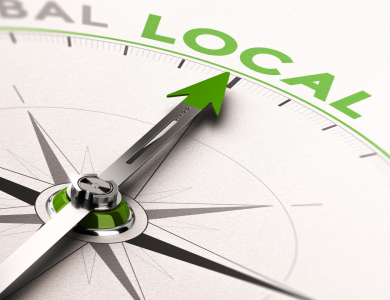
Location landing pages often don’t receive the attention they deserve.
Typically, you set them up with basic information like your name, address, phone number, and hours of operation. Maybe you embed a Google Map for directions. Sometimes, you write some text that no one will read, and if you have multiple locations, you use the same text for each page and just change the location name. If you’re feeling bold, you might add a call to action—maybe.
Once set up, you often forget about them.
Surprisingly, this approach can work quite well for local SEO. But what more could a potential customer want from a location page? Possibly an appointment scheduler? Despite our focus being more on satisfying Google’s criteria than those of the customer, let’s explore what Google expects from a location page and start with the basics.
1. What Is The Purpose Of A Location Page?
For retailers, location pages usually come in four basic types:
Location Detail Page
This represents the physical location of a business.
Location Service/Department Page
This highlights a specific service or department category available at the location.
City Page
This represents the city where various business locations are situated.
State Page
This covers the state where different locations are based.
Depending on your industry, you might also need County Pages or equivalents. For example, attorneys specializing in specific county laws may find it beneficial to create a page for that county.
2. Why Do Location Pages Matter For SEO?
Despite their simplicity, location pages can significantly impact SEO for brands. They cater to two main types of search queries:
Brand Queries
These queries are crucial as they directly involve your brand. If someone searches for your brand name or a variation like "[Brand] near me," Google tends to show a location page for that brand.
Non-Brand Local Queries
These are valuable as they can attract potential customers who may not know about you. For example, searches like "[pizza near me]" are often better catered to by specific location pages.
Links
Location pages are typically a strong source of external links for a site, accumulating backlinks from local directories and media over time and benefiting from local citations.
3. How Do Location Pages Affect Local Pack Rankings?
Linking your Google Business Profile (GBP) to a relevant location page is essential for Local Pack rankings. Tests have shown that not targeting the correct city can negatively affect rankings, which recover when the right page is linked.
4. What Are the Basic Elements Of A Well-Optimized Location Page?
Name, Address, Phone Number (NAP)
Ensure this information matches what’s listed on your business’s GBP.
Structured Data
Use LocalBusiness schema to mark up all NAP elements and Organization schema for multiple brands. Breadcrumb schema should also be used for links to parent pages.
Targeted Meta Data
Title tags and H1 should ideally target the business name and location. Consider adding additional targeting to gauge its effect on performance, such as “coffee near Pleasanton, CA.”
5. Engagement Intangibles
Think about what else a potential customer might need from a location page, whether it’s a call-to-action like online appointment scheduling or order placements. These features likely send positive signals to Google about the page’s usefulness.
6. Advanced Location Page SEO
Optimized Copy
Using targeted and unique copy for each location page can significantly improve performance.
Link To Nearby Locations
Linking to nearby locations can help both in terms of customer convenience and SEO benefits.
Use Topically Relevant Images And Videos
Relevant images can enhance user experience and potentially improve rankings.
Link To Product/Service Category Pages
Linking to these pages from location pages can help in ranking higher.
Add Local Reviews
Displaying local reviews can improve engagement and page performance.
Meet The Team!
Showcasing pictures of your local team can add a personal touch and improve customer trust.
The Kitchen Sink
Additional items that could enhance location pages include community connections, hiring info, and social proof, like local accolades.
Google Merchant Center Data
Utilize data from Google Merchant Center to feature products that get high impressions and CTR, increasing conversions on your location pages.
7. What Should I Avoid With Location Pages?
Unnecessary Location + Service Pages
These often result in traffic cannibalization and might not yield net-new traffic.
Location Pages With No Actual Location
Creating pages for cities without physical locations generally results in poor organic traffic performance.
Beware Thin Content Location Pages
Avoid creating numerous low-quality location pages, as they could lead to manual actions for thin content.
Always ensure to create quality content and check for local intent before creating location pages, saving time and resources.
With these insights, you’ll have plenty of steps to improve your location pages and their SEO rankings. Special thanks to SEO experts and the LSG team for their valuable input.
More resources:
- Google’s Advice For Targeting Multiple Locations With One Website
- Creating Hyper-Local PPC Landing Pages At Scale
- Local SEO: The Definitive Guide to Improve Your Local Search Rankings
Featured Image: DEEMKA STUDIO/Shutterstock



